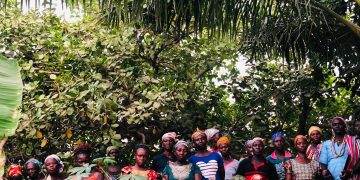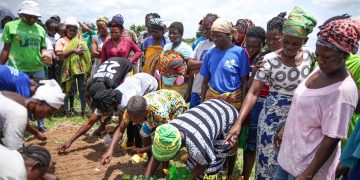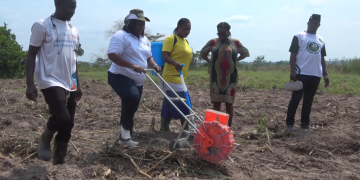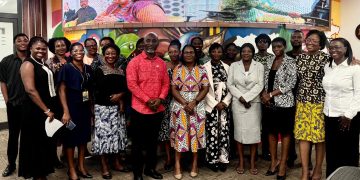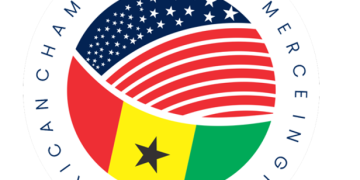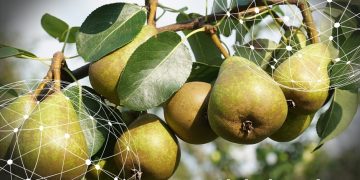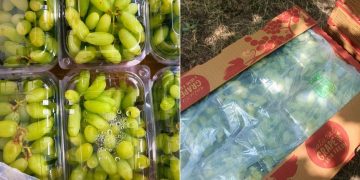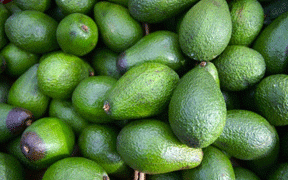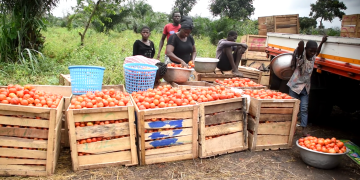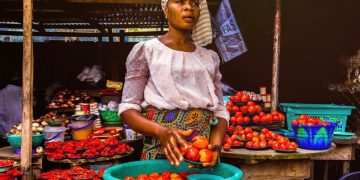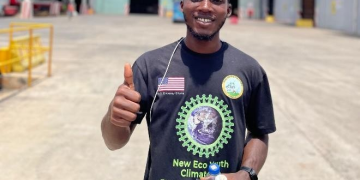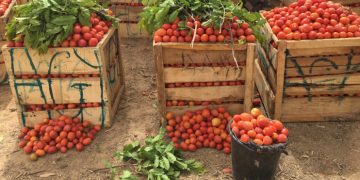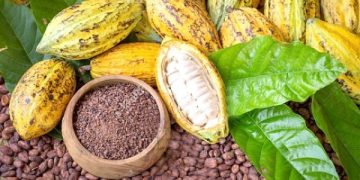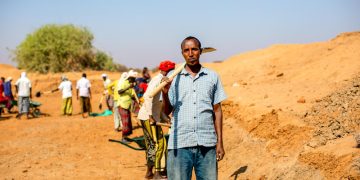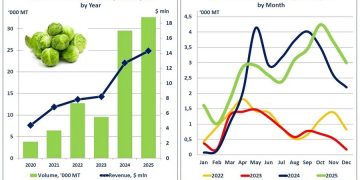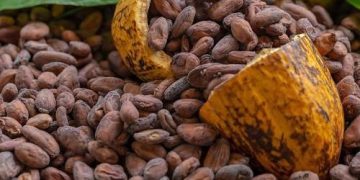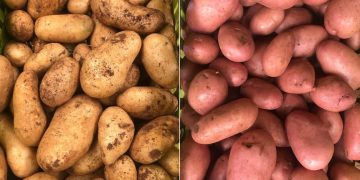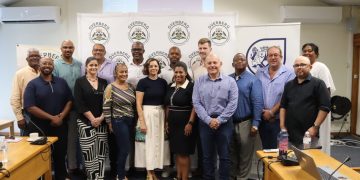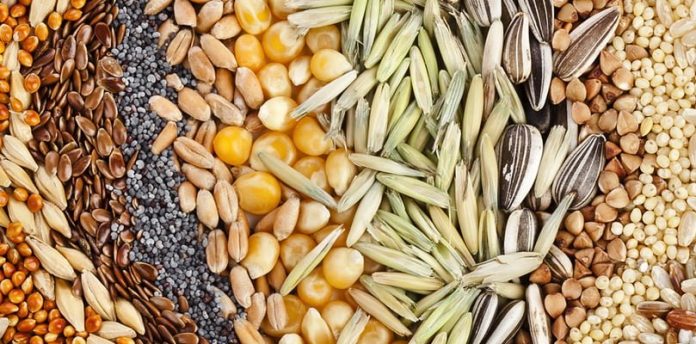The National Seed Trade Association of Ghana (NASTAG) has called for an urgent review of the country’s 2013 Seed Policy to align with emerging trends in agricultural technology and enhance investment in the local seed sector.
Speaking at the 6th Ghana Seed Business Forum in Accra, Mr Mubarak Seidu Abdulai, President of NASTAG, said the policy, which had guided Ghana’s seed industry for over a decade, no longer responded to the current challenges and opportunities in the sector.
“It’s been 12 years since the policy was introduced. We need to holistically review it, take stock of what has worked, and determine what new directions are required, especially considering climate change and modern biotechnology,” he said.
The Forum, organised by NASTAG in collaboration with the National Seed Council (NSC), brought together policymakers, seed producers, researchers, and investors to discuss strategies to strengthen the seed value chain and attract private sector investments.
Mr Abdulai said the existing policy had left significant investment gaps in areas such as irrigation, seed storage, cold chain systems, and capacity building, resulting in low productivity and dependence on imported certified seeds.
“The continuous importation of seeds we can produce locally is costing us foreign exchange, creating job losses, and weakening our research and regulatory institutions,” he said.
“A strong local seed sector will not only create jobs for the youth but also help Ghana control what we grow and eat” he added.
The Association called on the government to impose a temporary ban on the importation of seeds that could be produced locally or, where necessary, introduce higher tariffs on imported seeds.
It said revenues from such tariffs could be reinvested in the local agricultural sector to build competitiveness and sustainability.
“Currently, seed imports come in almost freely. If we can’t halt them entirely, we propose that higher tariffs be placed on those imports, and the proceeds channelled into developing our local seed industry,” he said.
Professor Michael Osae, Director of Biotechnology and Nuclear Agriculture Research Institute of the Ghana Atomic Energy Commission, said researchers had developed several high-yielding and climate-resilient crop varieties that were yet to reach farmers due to the limited capacity of local seed companies.
He said the University for Development Studies and the Savannah Agricultural Research Institute had recently developed new varieties of cowpea and soybean, while other institutions had released fall armyworm-resistant and nutrient-enriched maize and cassava varieties.
“Less than 20 per cent of the crop varieties developed in Ghana are currently being utilised,” Prof. Osae said.
“This shows there is room for investors to partner with research institutions to commercialise these seeds and make them available to farmers” he said.
Prof. Osae said expanding private sector investment in the seed industry would bridge the gap between research and commercial production and help improve Ghana’s food security.
Source: accessagric.com

